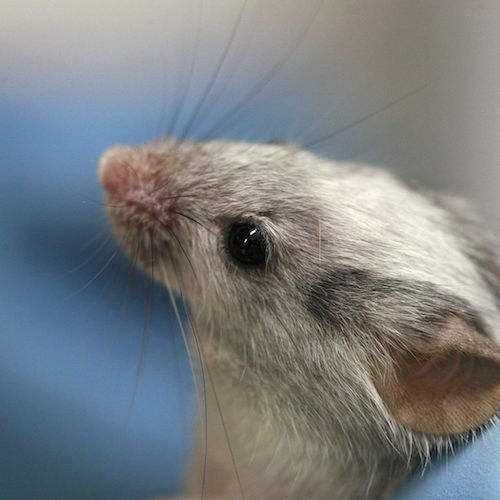 Culture & Ethics
Culture & Ethics
"Smart Mouse" Is Proof of Human Exceptionalism

The cry is out in the land: Humans are not exceptional! But if we are not exceptional, why are we the measure of highest moral value?
The latest example is genetically engineering mice to have human brain cells, raising the potential of future ethical issues. From “When Does a Smart Mouse Become Human?,” in The Scientist:
One unexpected outcome of the team’s research, published in the Journal of Neuroscience (34:16153-61), was that these human-mouse chimeras outperformed normal mice almost fourfold in a variety of cognition tests, underscoring the importance of astrocytes in regulating synaptic plasticity and neural connectivity to enhance learning and memory.
But the study also raised important ethical considerations — namely, what biological properties differentiate Homo sapiens from other organisms, and when should such “humanized” animals be afforded the rights that people currently enjoy.
See what I mean? The author, a bioethicist, suggests intelligence as a proper measure of distinguishing humans from animals:
Reconstituting human glial cells or neurons in animal brains could eventually impart complex cognitive behaviors, self-awareness, and/or other humanlike personality characteristics to these chimeras.
Such research highlights the need for scientists and policymakers to resolve the question of how to define humanlike intelligence regarding the genetic or chimeric alteration of animals.
While there is no clear answer to these questions, I advocate that intelligence is a valid criterion when considering what is humanlike or animal-like, and that scientists must develop both psychometric and neurophysiologic criteria in the definition of humanlike intelligence.
We should never alter animals that way. But if scientists were so hubristic — and they succeeded in elevating an animal to human-level consciousness — it would not undermine or detract from human exceptionalism one iota.
To the contrary: By pushing to give human-type rights to chimeric animals with some of our attributes — let’s not get into the criteria of such determinations for now — the author concedes that we are the lodestar of moral value, that we are indeed, exceptional.
Image by Rama (Own work) [CC BY-SA 2.0 fr], via Wikimedia Commons.
